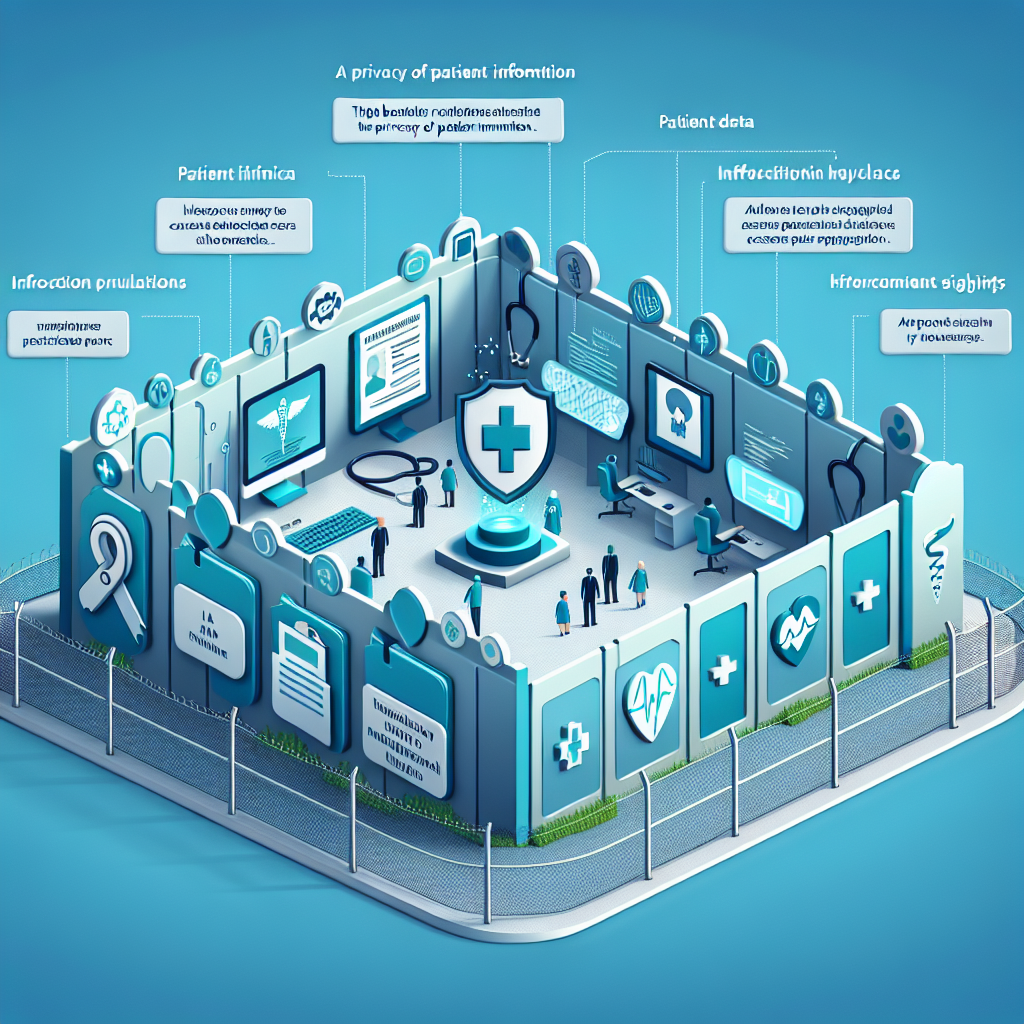Hey there, health enthusiasts! Today, let’s talk about a topic that is crucial for maintaining patient confidentiality and trust in the healthcare industry – HIPAA regulations.
When it comes to patient data security, HIPAA compliance plays a significant role in safeguarding electronic health records (EHRs) from unauthorized access or disclosure. These regulations ensure that healthcare providers and organizations follow strict guidelines to protect sensitive information such as medical history, treatment plans, and payment details.
By adhering to HIPAA rules, healthcare professionals are required to implement measures like encryption, access controls, and regular audits to prevent data breaches. This helps in maintaining the privacy of patient information and building a secure environment for storing electronic health records.
Moreover, HIPAA regulations also impact medical research ethics by setting standards for obtaining patient consent and protecting their data during research studies. Researchers must comply with these guidelines to ensure that patient information is used ethically and securely for advancing medical knowledge.
Overall, HIPAA compliance is essential for upholding patient confidentiality and trust in the healthcare system. By following these regulations diligently, healthcare providers can ensure the security of patient data while promoting ethical practices in medical research.

Leave a Reply